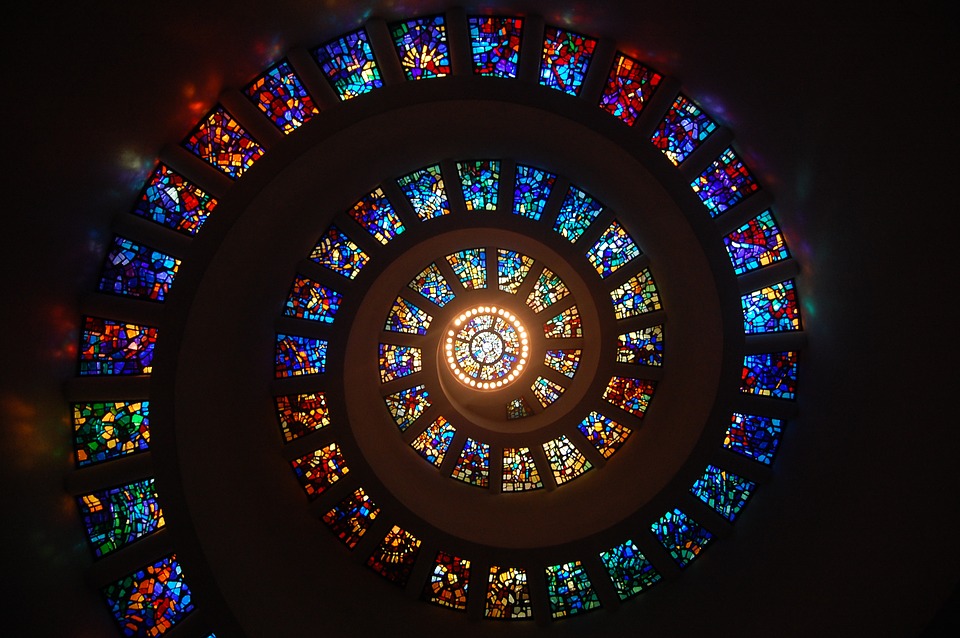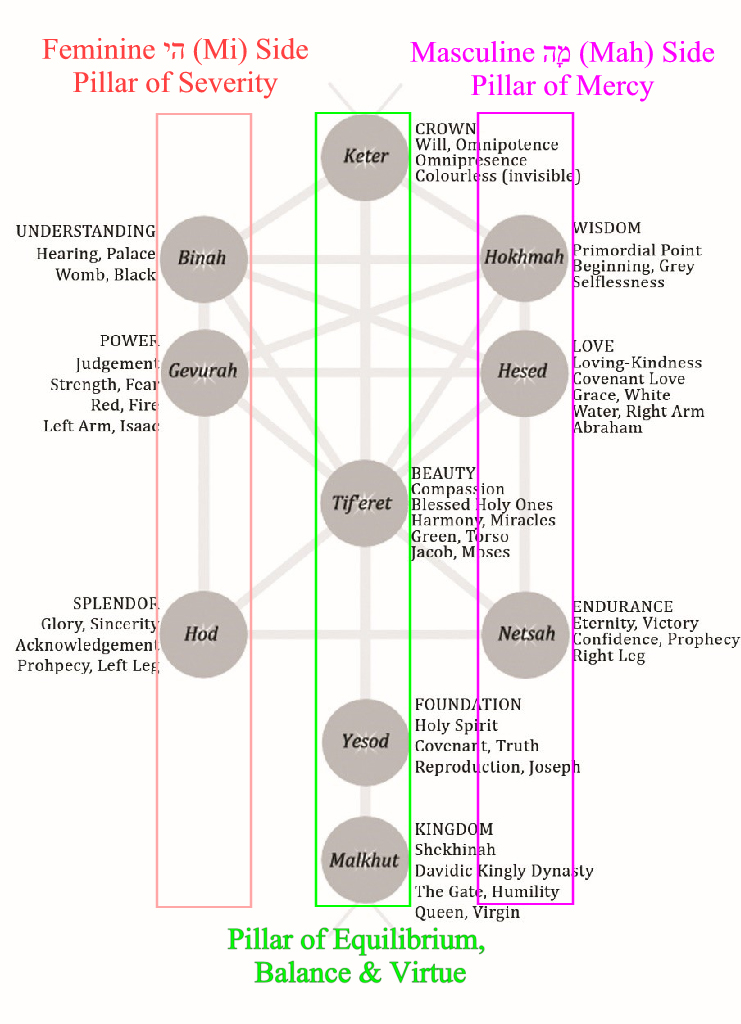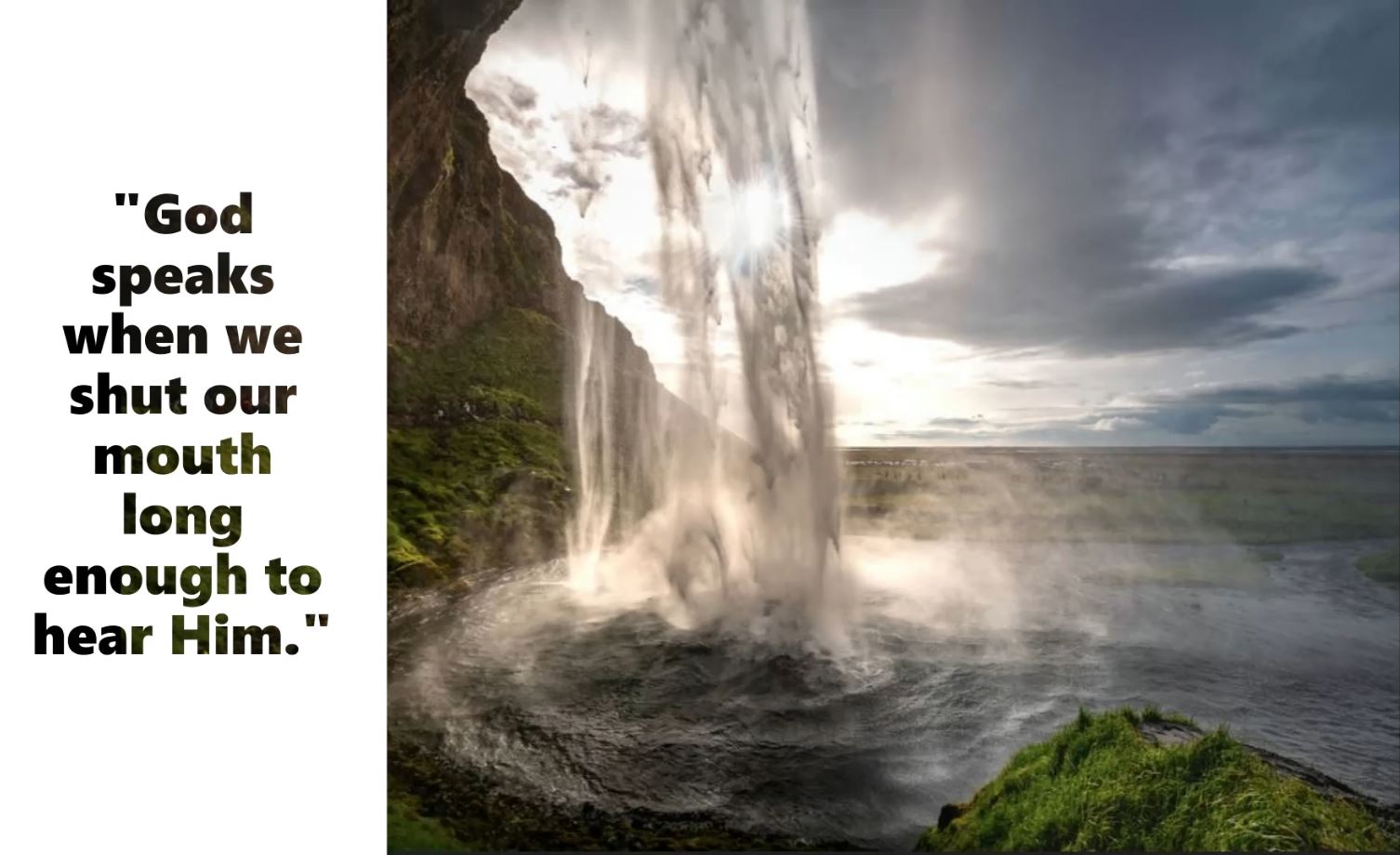Download a PDF copy here: Just Men Understand the Nature of God
“Do not judge others, and you will not be judged. For you will be treated as you treat others. The standard you use in judging is the standard by which you will be judged.
“And why worry about a speck in your friend’s eye when you have a log in your own? How can you think of saying to your friend, ‘Let me help you get rid of that speck in your eye,’ when you can’t see past the log in your own eye? Hypocrite! First get rid of the log in your own eye; then you will see well enough to deal with the speck in your friend’s eye. (Matthew 7:1-5)
Jesus said, “do not judge others”. What did He mean by that? What about the judges in the courts? Are courts legal? Yes, they are a necessary form of keeping the peace that are recorded all the way back to the Israelites. What Jesus was discussing here is to judge the offence rather than the offender. We must confine the motive and relationship aspect with God. We should never become judge without remembering our own sinfulness, in that we too are in need of a Saviour.
The Apostle Paul also told the Roman Church to “stop judging one another, instead make up your mind not to put any stumbling block or obstacle in your brother’s way” (Romans 19:13). It can be a stumbling block for you and your brother. The Apostle James wrote, “Brothers, do not slander one another. Anyone who speaks against his brother or judges him speaks against the Law and judges it” (James 4:11). The problem is, if you judge under the law, you will be judged under the law. This is why Jesus told us to act out of love and do not judge anyone.
The law according to the Jews is very specific. The Babylonian Talmud states, “Do not judge your fellow until you have reached his place”.[1] Under Torah law, capital crimes are tried by a tribunal of 23 judges called a Minor Sanhedrin, who hear the testimonies of witnesses, then break into two groups to argue for the prosecution and the defense, then the judges would vote.[2] The Jewish people developed a series of Pirkei Avot (Ethics of the Fathers) based upon Scripture, which states:
It is said: “For I honour those that honour Me, but those who spurn Me shall be dishonoured” (I Samuel 2:30)… Rabbi Ishmael his son said: he who refrains himself from judgment, rids himself of enmity, robbery and false swearing; But he whose heart is presumptuous in giving a judicial decision, is foolish, wicked and arrogant. He used to say: judge not alone, for none may judge alone save one. And say not “accept my view”, for they are free but not you.[3]
If you are going to live under the law, your only way of salvation is “repentance and good deeds are a shield against punishment” as noted in Pirkei Avot 4.11. No man or woman on the planet today is without sin, which is why Jesus gave himself as the Pascal Lamb for His people, so that we all can come to salvation by grace. We still must not judge and step over that line and choose to live under the law, otherwise we are judged according to the law.
I have learned that all people play a role in God’s kingdom, even the one who does evil. We might not agree with what they do, but we must not judge them or we are subject to the law of God. If we judged Job by what was happening around him, we might think as some people say “what has he done that this is happening to him?” This is a judgement in your heart that can bring condemnation into his life and your own life! The issues in Job’s life were there to bring him to a place so that he would do what God asked of him. Was he a godly man? Yes. Did he deserve it? This is a question we must never ask. We must understand the nature of God and never ask why. That is Job’s walk, not our walk, so don’t judge him.
Then there was the greatest Levite priest of all time – Aaron. He was involved in the golden calf. We all know the story of how he was led astray and sinned against God. Yet he was a great man of God who stood on the mountain with Moses holding up his arms. We are not to judge why he did it, or to question his salvation. This is God’s role, not ours, otherwise we have just brought condemnation upon ourselves.
We must understand the difference. In Romans 8:1-3 we find there is “no condemnation for those in Christ Jesus”:
Therefore, there is now no condemnation for those who are in Christ Jesus, because through Christ Jesus the law of the Spirit who gives life has set you free from the law of sin and death. For what the law was powerless to do because it was weakened by the flesh, God did by sending his own Son in the likeness of sinful flesh to be a sin offering (Romans 8:1-3).
Now this passage is not a free for all like many Catholics think. One cannot go out and murder someone with intent and then go to mass and be absolved. The Apostle Paul wrote: “For if you live according to the flesh, you will die; but if by the Spirit you put to death the misdeeds of the body, you will live” (Romans 8:13). We must live according to the Holy Spirit’s leading – that small voice in your Spirit that tells you how to live. It is about letting go of ego when someone has a go at you. Instead, don’t react and lash out. Act out of love. This is the salvation that Jesus spoke about. It is about letting the light of Shekhinah (Holy Spirit) shine through you daily.
When we understand the nature of God, we desire to be more like Him each day, and begin to tune into the right frequency of God and His boundless grace and mercy. Try shutting down your ego and see what miracles happen around you! It’s amazing what happens when we do not judge others – we begin to love!
____________________________________
© 2018 inclusive Dr Peter D Matthews. All rights reserved. This academic paper may be freely used for academic purposes, subject to citing Dr Peter D Matthews as the author.
[1] TTauber, Yanki (2012), What You Obviously Don’t Know. https://www.chabad.org/library/article_cdo/aid/2277/jewish/What-You-Obviously-Dont-Know.htm
[2] Ibid.
[3] Pirkei Avot 4. https://www.sefaria.org/Pirkei_Avot.4.7



